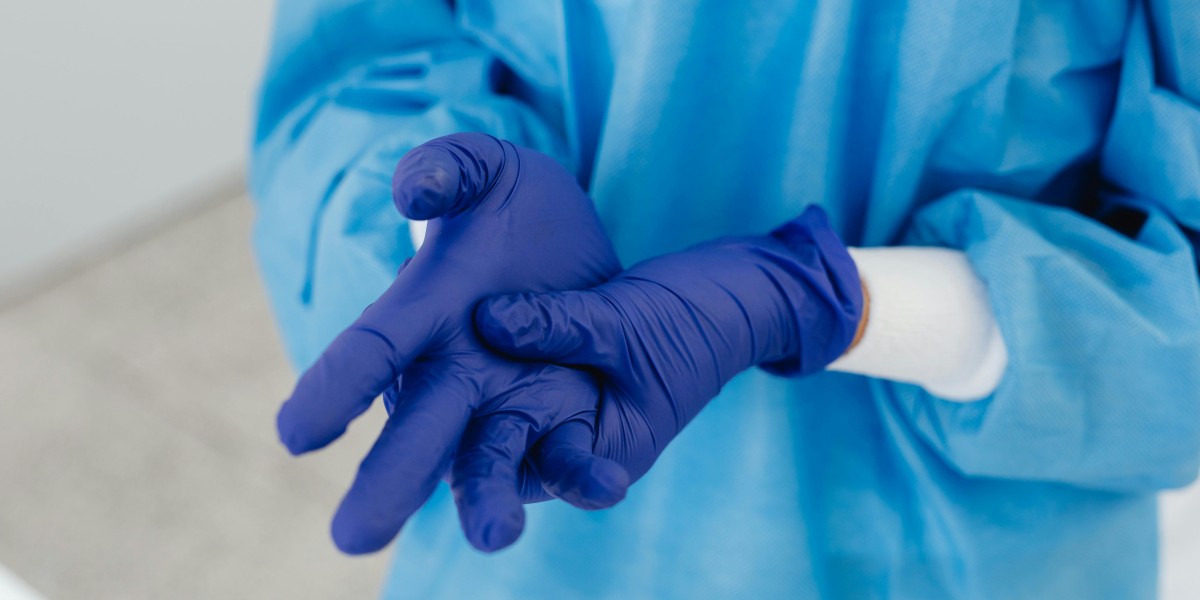A surgical procedure involves a coordinated effort by a medical team to ensure patient safety and successful outcomes. Among the critical members of this team is the surgical technologist, a professional who plays an indispensable role in the operating room (OR). Their responsibilities are diverse and essential, ensuring that surgeries run smoothly, efficiently, and safely. Let’s explore the core duties of a surgical technologist and understand why their role is vital in the healthcare field.
Preparing the Operating Room
One of the primary responsibilities of a surgical technologist is preparing the operating room before a procedure. This preparation includes sterilizing surgical instruments, organizing equipment, and ensuring all necessary supplies are available. Surgical technologists must meticulously arrange the instruments on the sterile table in a manner that allows the surgeon easy access during the procedure. Attention to detail is crucial, as even minor errors in preparation can lead to delays or complications during surgery.
Ensuring Sterile Conditions
Maintaining a sterile environment is paramount in any surgical setting. Surgical technologists are trained to uphold strict sterilization protocols to prevent infections. They must ensure that all surgical instruments, drapes, and gloves are sterilized and that the surgical team adheres to hygiene standards. Throughout the procedure, they monitor the sterile field to ensure it remains uncontaminated, a task that requires constant vigilance and focus.
Assisting During Surgery
During surgery, the surgical technologist works directly with the surgeon and other members of the team. They pass instruments, sponges, and other supplies to the surgeon as needed, anticipating their requirements to avoid delays. This responsibility demands an in-depth understanding of surgical procedures and tools. A surgical technologist must be quick, precise, and attentive, ensuring that the surgeon can concentrate entirely on the patient.
Handling Specimens
In some procedures, surgeons may need to collect tissue or fluid samples for laboratory analysis. The surgical technologist is responsible for labeling and handling these specimens according to established protocols. Proper handling is critical to ensure the integrity of the samples and the accuracy of subsequent lab results.
Managing Equipment
Modern operating rooms are equipped with advanced medical technology, from monitoring devices to surgical lasers. Surgical technologists are often responsible for setting up and managing this equipment during procedures. They ensure that devices are functioning correctly and troubleshoot any technical issues that arise. Their technical expertise allows the surgical team to focus on the procedure without disruptions.
Supporting Patient Care
Although surgical technologists primarily work with the surgical team, they also play a role in patient care. Before surgery, they may help transport the patient to the operating room and position them on the operating table. They ensure that the patient is comfortable and properly prepared for the procedure. After surgery, surgical technologists may assist in transferring the patient to the recovery room and cleaning the operating area for the next case.
Inventory Management
Keeping track of surgical supplies is another important responsibility. Surgical technologists ensure that the operating room is stocked with necessary materials, such as sutures, dressings, and sterilization supplies. They maintain inventory records and notify the appropriate personnel when supplies need replenishment. This role ensures the seamless operation of the OR and minimizes the risk of delays due to missing equipment.
Communication and Teamwork
Surgical technologists are integral members of the surgical team and must excel in communication and teamwork. They act as a bridge between the surgeon, nurses, and anesthesiologists, ensuring that everyone is on the same page. Effective communication is critical, especially during emergencies or unexpected complications, where quick thinking and collaboration can save lives.
Staying Updated on Best Practices
The field of surgery is constantly evolving, with new techniques, tools, and protocols emerging regularly. Surgical technologists must stay updated on these advancements to provide the best possible support in the operating room. Many pursue continuing education and certifications to enhance their skills and knowledge, demonstrating their commitment to excellence in patient care.
Importance of the Role
The responsibilities of a surgical technologist extend beyond the operating room. Their dedication to maintaining sterile conditions, managing equipment, and assisting the surgical team directly impacts the success of procedures and the well-being of patients. By ensuring that the operating room functions efficiently, surgical technologists contribute to reducing the risk of complications and improving patient outcomes.
Conclusion
A surgical technologist plays a vital role in the operating room, supporting the surgeon and ensuring the safety and comfort of patients. From preparing the OR to assisting during surgery and managing equipment, their responsibilities are critical to the success of surgical procedures. As healthcare continues to advance, the demand for skilled surgical technologists remains high, highlighting the importance of this profession in the medical field.



